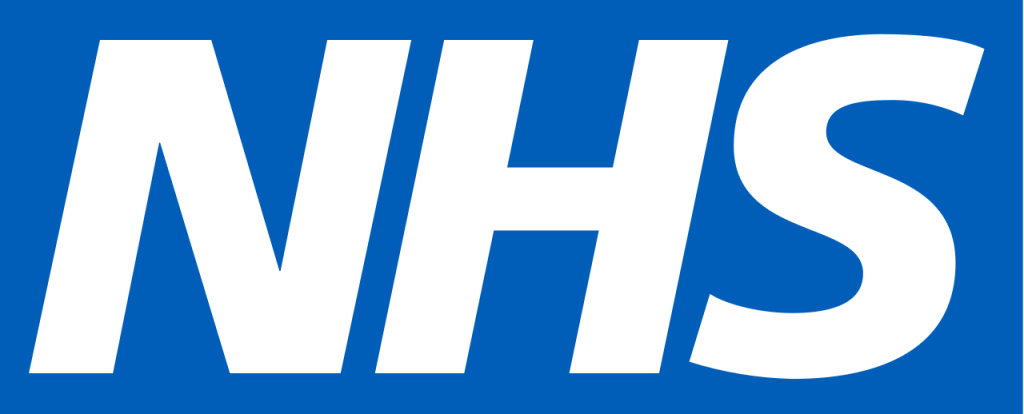Suzy Ning, National Operations Director, NHS Clinical Leaders Network

I have been a manager for nearly 30 years, 23 of those within the National Health Service. With a bunch of various managerial qualifications both academic and vocational alongside experience of working in commercial, manufacturing, healthcare commissioning, healthcare provision and a variety of Arms Length Bodies, you could call me a ‘professional’ manager.
As I reflect on these years of public sector service, I recognise that all the key moments of joy, success and accomplishment have been on programmes of work where I have worked hand in hand with an inspirational clinical leader or group of clinical leaders, providing them with the resources, infrastructure and delivery support to help them achieve their vision and outcomes.
At its very core, the NHS Clinical Leaders Network holds on to the principle of the ‘Double Helix Methodology’ which is simply the transformational impact a clinical leader and a professional manager can have when working in partnership. This is such an important concept to us, that we have incorporated this into our logo which is an abstract of the double helix symbol.
As health and care services continue their journey to adapt and change to the ever-shifting needs of our population the importance of these partnerships is critical to ensure stable, outcomes focused and sustainable improvements. Here are a few things to consider that will help you make the most out of your partnership with your clinical leader (if you are a manager) or your professional manager (if you are a clinical leader):
Great Clinical Leadership
- Fostering a Patient-Centred Culture: great clinical leaders keep the needs of the patient at the heart of their service. They empower their teams to prioritise patient outcomes and patient experience and nurture a culture of personalised care.
- Striving for Excellence in Quality of Care: great clinical leaders promote evidence-based practices and drive initiatives that improve patient safety and clinical outcomes. Their deep understanding of effective clinical protocols and the needs of their patients make them a powerful agent of positive change.
- Breaking Down Barriers for the Greater Good: great clinical leaders put aside ego, professional hierarchies and organisational barriers to effect real, patient focused collaboration. They empower multi-disciplinary teams, promote shared decision making and enable effective communication within a psychologically safe and respectful space.
Effective Management Support
- Creating a Supportive Environment: effective managers establish a work culture and business rhythm that wraps around the vision and strategic priorities of the clinical leader. They enable the clinical leader to take initiative by aligning organisational strategies and clear structures to nurture collaborations and relationships.
- Translating Vision into Delivery: effective managers can translate the vision of the clinical leader into a structured, achievable plan of delivery. They ensure the right decision makers and influencers are brought into the infrastructure and maintain effective engagement and communication throughout.
- Agents of Change: effective managers are skilled in improvement and change management methodologies. They understand the regulatory and statutory requirements, are cognisant of supportive, emerging technologies alongside organisational development best practice. They use these skills to ensure a whole person/system approach is considered and adopted in any programme of change.
The Power of the Partnership
Whilst individually, great clinical leaders and effective managers can be highly effective in delivering excellent healthcare services, the power of partnering these two roles significantly amplifies this impact:
- Sustainable Transformation: by delivering a clinically led vision and objectives through the expertise of effective management delivery you get a positive transformation of services that focuses on patient care and is aligned with clinical needs. By maintaining this partnership beyond the delivery of any change, they can enable a real culture of continuous improvement that will sustain and even enhance the benefits of the change for years to come.
- Effective Clinical Engagement: Great clinical leadership and effective clinical engagement go hand in hand. When great clinical leaders feel truly supported by management this helps them have an even greater impact on engagement with their colleagues.
- Whole System Improvement: by working together and developing a strong partnership, the opportunities to explore beyond traditional organisational barriers flourish. Great clinical leaders with their effective management support can more effectively address some of the more complex, long-term challenges such as health inequalities, prevention strategies, net zero healthcare and financial stability.
What next?
The NHS Clinical Leaders Network is the country’s only free, multi-professional network of clinical and care leaders that is truly independent. We are passionate about supporting both our clinical leaders and our managerial colleagues in helping them be the very best they can be.
We offer highly subsidised leadership training, catered for clinical leaders but still very accessible for managerial colleagues who wish to explore leadership through the clinician’s lens.
We provide free events and development sessions for all our members exploring a wide range of issues and subjects. These vary from drop in, online lunchtime sessions to full day face to face networking events bringing together international thought leaders, national policy makers and frontline leaders.
We offer a number of free leadership tools and experiences to further enhance and support you on your leadership journey, such as the Clinical Network Maturity Tool, ECLiPSe (Empowering Clinicians in Provider Service) Model and Clinical Leader Advisor roles (which support members with 1:1 coaching and light project management support to develop and deliver regional or national projects).
We believe in developing better leaders to improve care for all.


